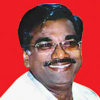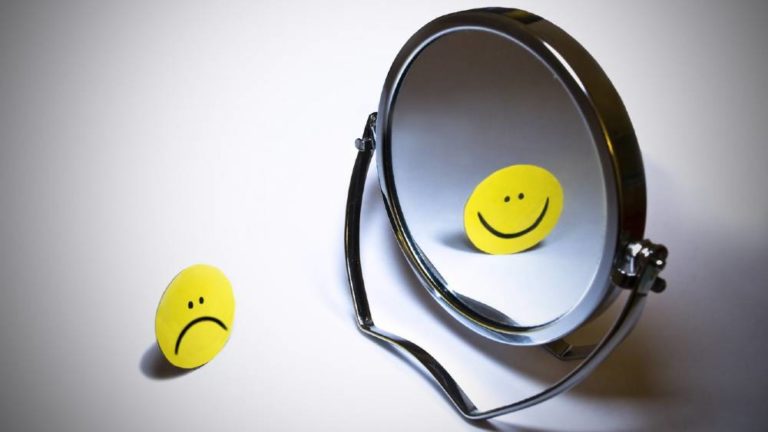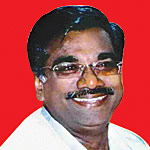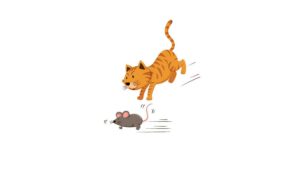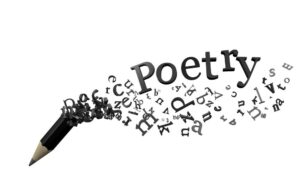It is very easy to laugh at others and easier still to laugh with others. But to laugh at ourselves… we need courage, humility and above all the best sense of humour. These days people do not even smile, leave alone laugh. Who can afford that luxury in this tension-filled world! Aren’t we reduced to rats and destined to lead a racy life? There is no time even to stand and stare. If we laugh at others, we pass for madcaps. If we laugh with others, we pass for the incumbents of a reputed asylum. No one is going to find fault with us if we laugh at ourselves.
Why have we forgotten to laugh? It is because we think we are Atlas carrying the world on our shoulder. Responsibilities, responsibilities and responsibilities. Oh, to hell with responsibilities! We are serious people to the core… at least we think so. It is this thought that destroys not only the smile but also the laughter. Kids laugh a lot and they need no reason for that. In fact, there is nothing they can do about it. But we, grownups, admonish them by saying, “Don’t be too stupid. Grow up”. What the grownups forget is when kids grow up they cease to laugh. That is because the kids are told that laughter is irreverent, immature and silly. Secondly, they are given to understand that they will not be taken seriously if they laugh. Under such circumstances there is no use of saying laughter is the best medicine. What people usually forget is that we can survive almost anything when we are gifted with laughter.
“Laughter is the tonic, the relief, the surcease for pain,” wrote Charlie Chaplin. He laughed and laughed when he was given the third prize in a Charlie Chaplin look-a-like contest in Monte Carlo, France. Did he laugh at the judges? Or did he laugh at himself? A newspaper reporter once asked Oscar Wilde, what he thought of the devastating review a play of his had. He replied in his playful vein, “The play was wonderful, but the audiences were terrible”. Was he laughing at himself or at the audience? Sir Winston Churchill when he was attending an official ceremony during his last year in office, overheard people say, “Look, look! That’s our PM. People say he is going senile. They say he should step aside and leave the running of the nation to more dynamic and capable men”. The ceremony over, the PM turned around and said, “Gentlemen! They also say he is deaf”. Was Churchill laughing at himself or at the whisperers?
Don’t we cry when we are in pain? I am sure your answer is a definite ‘yes’ unless you are a stoic. Then why do we hesitate to laugh when we are given a joy-filled mood? That is because we lack the sense of humour and that is caused by negativity in our approach to life. Crying when we are grieving or undergoing a loss is the very basic way of releasing our tension. When we suppress it we only convert our tension into stress. So it is for our own well-being, both physical and mental, we should cry. Those who have not learnt the art of crying would never learn the art of laughing. Psychologists invariably say, “Laughter turns us outward while sorrow turns us inward. Laughter helps us to transcend our suffering whereas crying does not.”
When we laugh, we quite often find tears rolling down our cheeks only to form a drop at our chin. At times, we giggle even when we are on the edge of tears. Tears and laughter are so intermixed that the Tamil poet Kannadasan has beautifully put it in the following lines of his cine-song: “Some weep…some laugh…But I am crying while I am laughing.” How close laughter and tears are!
The ancient Tamil poet Thiruvalluvar wrote: “Laugh at misfortune – nothing so able to triumph over it” (Thirukural, couplet no. 621). Abraham’s wife, Sarah, of the Old Testament laughed and laughed when she was told that she was pregnant. She was already eighty. Man is the only animal that laughs at himself. And with good reason.
Once a pompous scholar, who visited the court of Krishnadeva Raya, wanted to put the famous Tenali Rama to test. He sought his audience and said that he would like to ask a question. Tenali Rama smiled. It meant an yes. “Do you like to answer one hard question or a score easy questions?” asked the scholar. Tenali Rama smiled again and said, “Go ahead with your hard question.” “Which came first into this world? Laughter or tears?” asked the scholar. Pat came Tenali Rama’s reply: “Laughter surely”. The scholar was not ready to leave him at that. He asked, “What makes you so sure?” Tenali Rama replied, “Why do you ask a second question now when you had agreed to ask only one difficult question?”
Well! You might as well laugh at yourself occasionally – everyone does.



